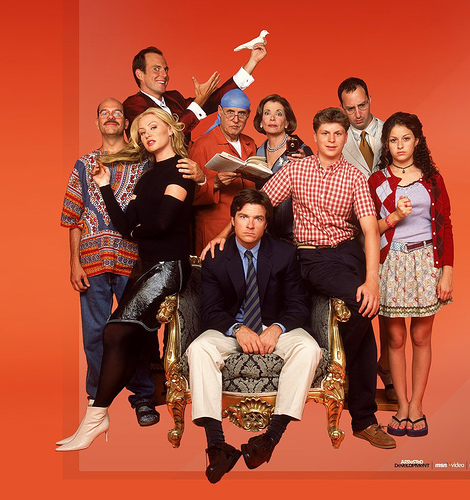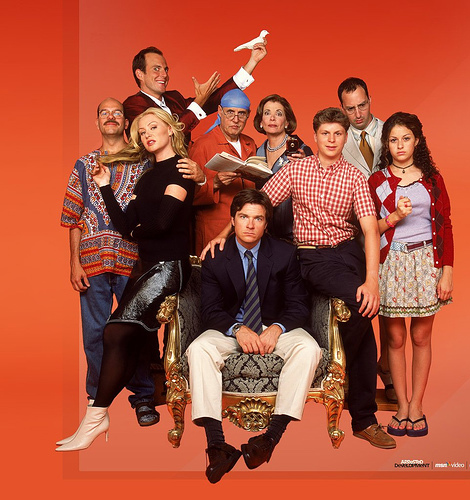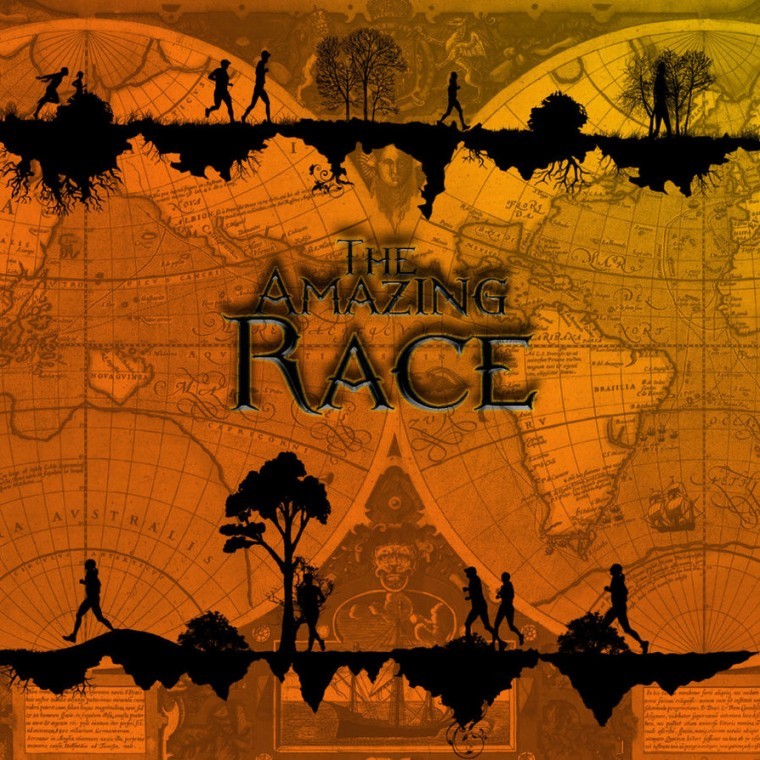YES, we should indulge ourselves in multiple episodes in one sitting.
It’s an undeniable symptom of the streaming age: Instant access has made it possible to binge-watch series after series of television. I’ve done it myself — in the past six months, I’ve seen every episode of How I Met Your Mother, Archer, Arrested Development and (my proudest accomplishment) The Office. Though this habit may be bad for your GPA and your social life, there are definitely benefits to marathon viewing.
Last semester, How I Met Your Mother was my show of choice. That’s seven seasons, or 160 episodes. I did this in about two months. Excepting the last few episodes in season seven that I watched week to week, I binge-watched almost the entire series. And while I certainly lost that feeling of suspense that comes at the end of an episode when you have to wait a week to find out the next installment of the saga, I think I gained a lot more.
For one, binge-watching is perfect for people with short attention spans. Often, I’ll watch the first episode of a show, and maybe I’ll even enjoy it and want to keep watching, but not enough to hook me or make me come back next week. And sometimes, the pilot is just not great; if it tries to set up too much of the story or cram too much in 30 minutes, I won’t come back for a second. If I start a show on Netflix, I will be more likely to give it a chance, simply because the window of opportunity in which I can watch the show has been opened wider.
Binge-watching is also great because watching a lot of episodes in a short span of time allows viewers to pick up the more minute details and linking characteristics that they would have otherwise missed while watching the show over a longer period of time. For HIMYM especially, which relies heavily on flashbacks and jumps in time, I remembered a lot more of the details and plot points that connected various episodes because I watched them over a shorter period of time.
Arrested Development was big on this element, too. One of the show’s best features is its repeated jokes: stair car hop-ons, constantly referring to George Michael’s girlfriend as ‘her’ and Tobias trying to join the Blue Man Group, to name a few. While I’d probably remember some of these from week to week, seeing the way the show uses these jokes in each episode so closely together made it funnier because I was more aware of it.
Yes, there is a certain excitement that comes with waiting for each episode and watching it live when it airs. But there is also merit in immersing yourself in just one show. You learn more, and you love more of a show if you dedicate your attention to that show in its entirety, not in spurts.
diversions@umdbk.com
NO, waiting for new episodes is a tradition that should not disappear.
TV is, for me, a ritual. I have fond memories of The Amazing Race nights on Sundays at home with my family, where every facet of the evening — the time we put away the dishes, ate dessert, took showers, readied our bags and books for the next day — centered on 9 p.m. At that time, we plopped, without fail, in front of the living room tube for host Phil Keoghan’s iconic show intro. In many ways, this was my weekly steadfast slice of solace.
With the prominence of services such as Netflix, HBO GO and other streaming websites, this tradition has all but crumbled. We’re binge-watching our favorite shows now, consuming ourselves with the episodes we missed in the prior weeks because the accessibility is, well, fabulous. But this isn’t just about mangling a time-honored ritual of communal entertainment, it’s also about taking the artistic impulses of television creators and writers and smashing them against our cable boxes until they are just lifeless displays of low-grade entertainment.
Single episodes seemingly exist as short films, or at least short-form bursts of narrative. By watching them all in a long, unbroken streak, we are missing out on the deliberate creative flourishes that come with the way they start, unfold and end. The suspense was always designed to hold us throughout the week until the airing of the next episode. We won’t know what that’s like because the story doesn’t cease for us; we can cue up the next edition in moments.
To cycle back to my prior anecdote, the ritual of new TV every week made the sensation of physically watching a show that much more gratifying. I knew that there was always The Amazing Race waiting for me at the end of any trying seven-day stretch because I, along with my family, had carved out a segment of life and dedicated it to one, unique tradition. I’m frightened that the upcoming generation will never know what that’s like.
essner@umdbk.com
The Amazing Race snagged its ninth Emmy for best reality-competition program over the weekend.
How I Met Your Mother began its eighth (and potentially final) season on Monday.






